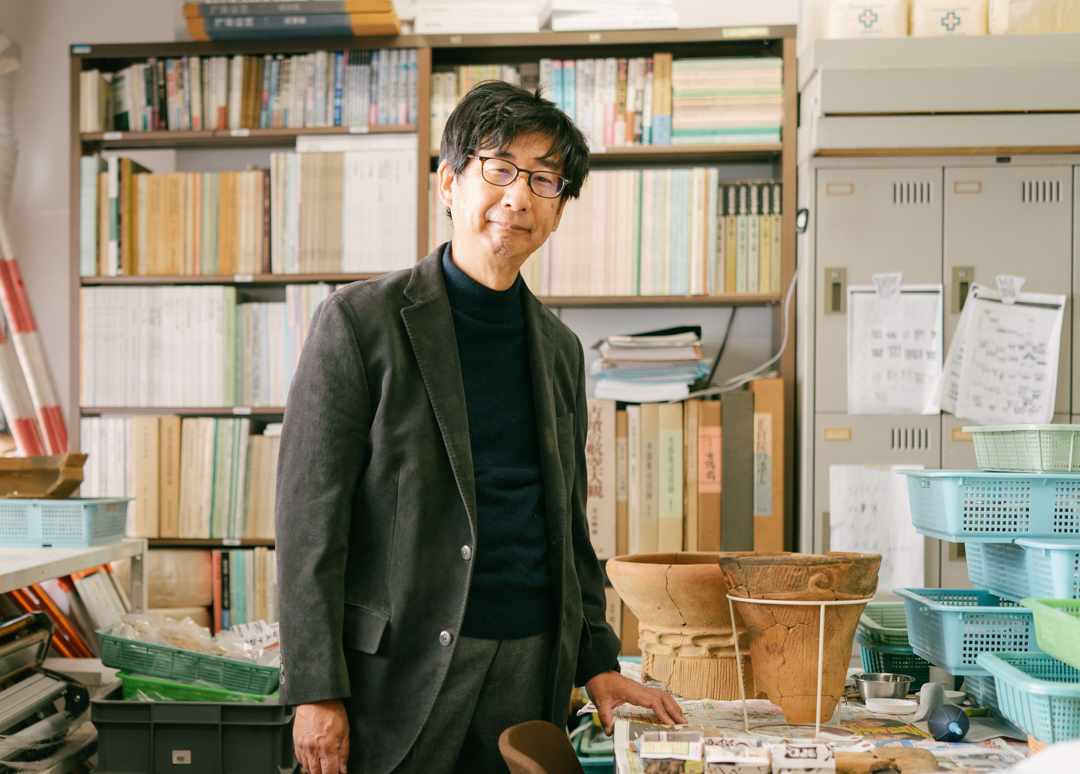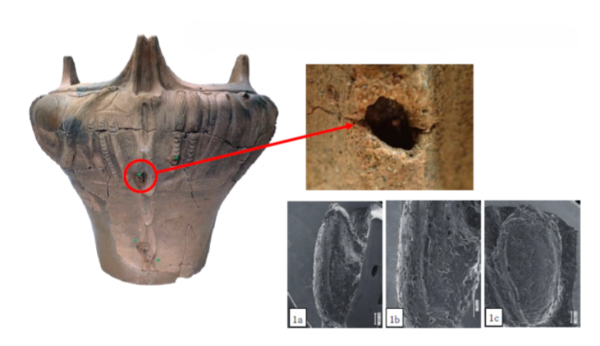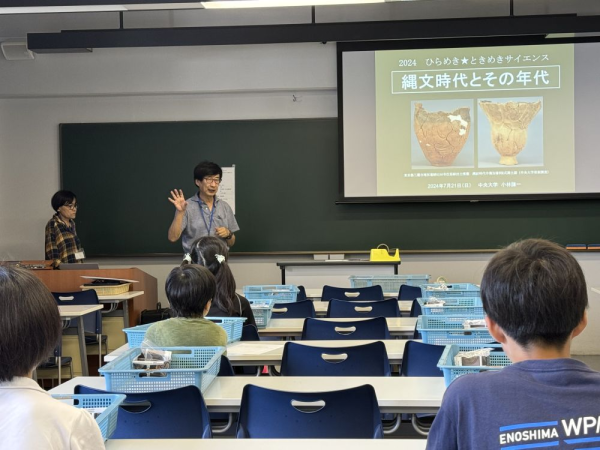Research 01
高精度な年代体系化により、先史文化の正確な位置づけを行う
先史時代の炭素14年代測定
Accurately locating prehistoric cultures through high-precision dating systematization
Radiocarbon Dating the Prehistoric Era

縄文土器は、多くの型式編年研究、つまり土器の形や模様で時期の順番をつける研究によって、世界的にも類をみないほど精緻な相対順序が判明しています。一口に“縄文土器”といっても地域毎に30ほどの時期に区分された年表が作れるのです。炭素14年代測定での絶対年代も、型式編年での順番とほぼ合致します。日本の細かい土器編年はとても正確なのです。一方、関東と東北の関係など地域間の横の関係については年代値によって検討していくべき余地もあります。土器が出土する遺跡の変遷などを実時間スケールで調べます。
Jomon pottery has been the subject of numerous type-sequence studies — studies that assign chronological order to the shapes and patterns of earthenware, revealing a relative order that is unparalleled in its precision. We can create a chronology that divides the age of Jomon pottery into as many as 30 time periods for each region. The absolute age of Jomon pottery, as determined by radiocarbon dating, is almost identical to the order in type chronology. Therefore, the detailed chronology of Jomon pottery is accurate. Nevertheless, there is room to better examine the horizontal relationships between regions, such as the relationship between the Kanto and Tohoku regions, based on chronological values. In this way, we can investigate the transition of a site where the earthenware was excavated on a real-time scale.

この研究が世の中にもたらす可能性
Research Possibilities: what the research create to the World
文化財科学、考古学
年代測定の精確さを考古学および自然科学の両面から進展させ、適用できる資料の範囲を拡大する。地域の歴史をより詳しくあきらかにする。地域の宝である遺跡や出土物の年代をあきらかにすることで、価値を一層高める。過去から現在へのつながりを、正確な年代化によって、より具体的にイメージできるようにする。
Cultural Property Science and Archaeology
This advances the precision of dating in both archaeology and the natural sciences and expands the range of applicable materials. It seeks to reveal regional history in more detail to further enhance the value of archaeological sites and excavated artifacts, which are the region’s treasures, by clarifying their chronology. It also provides a more concrete image of the connection between the past and the present through accurate dating.
Research 02
東アジアにおける“新石器革命”を探り、これまで世界史に位置づけられてきた社会進化と別の歩みをあきらかにする
土器出現の原因やきっかけを探り、人類社会を知る
Exploring the causes of the appearance f pottery and learning about the development of human society
Exploring the causes of the appearance of pottery and learning about the development of human society
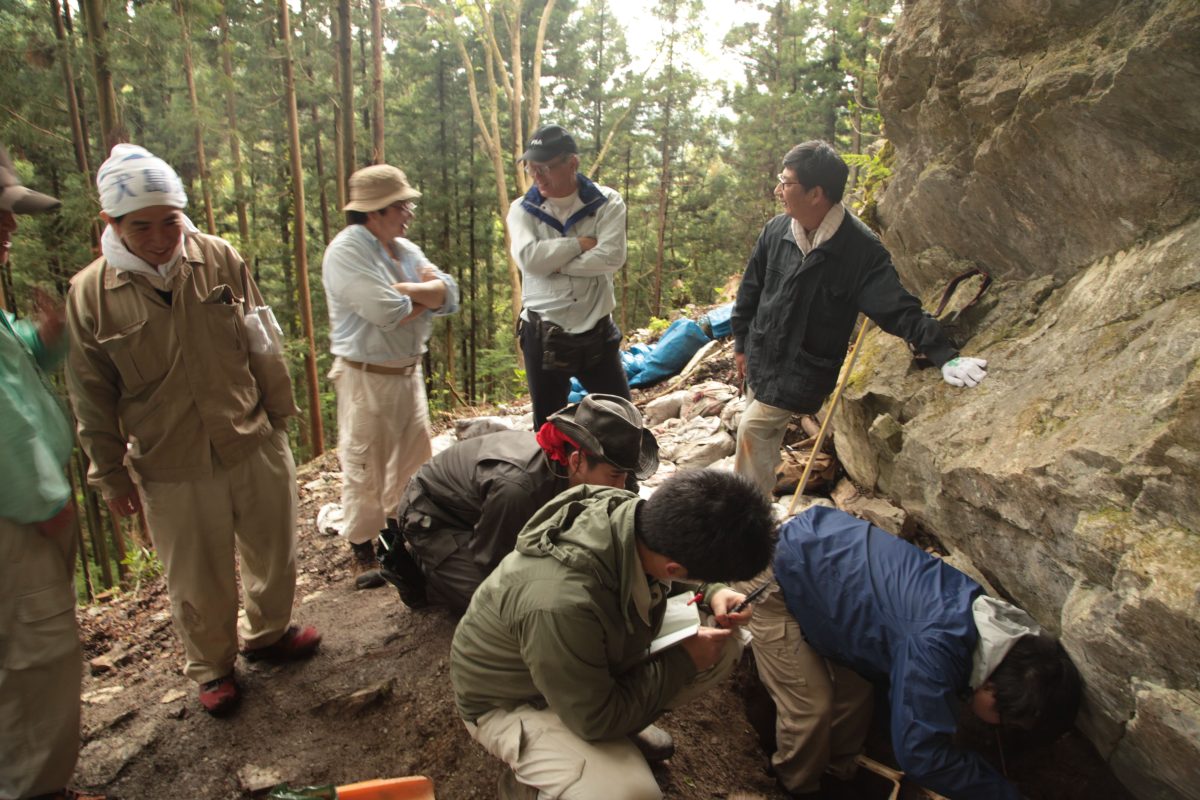
日本を含む東アジアでは1万6000年前の氷河期に土器が出現しました。これまで「氷河期が終わり暖かくなって出現した木の実を食べるために土器が作られた」とされてきましたが、実際には氷河期のうちに土器ができていたのです。このことが明らかになり、農耕出現が基盤とされていた新石器文化の始まりについて再検討が必要となってきました。 土器は人類が初めて手にした工業製品であり、様々な文化変化の大きな基因となっています。家族や社会、栽培、イヌの飼育の始まりなど、人類社会を考える上での重要な事項が縄文時代に現れています。
Earthenware appeared in East Asia, including Japan, during the Ice Age 16,000 years ago. It is believed that earthenware was produced to store nuts that appeared after the end of the Ice Age when the climates became warmer; in fact, earthenware was produced during the Ice Age. The discovery of this fact has made it necessary to reexamine the beginnings of Neolithic culture, which was based on the emergence of agriculture. Earthenware was the first industrial product made from human hands and is a major basis for various cultural changes. Important aspects of human society, such as family, society, cultivation, and the beginning of canine husbandry, appear in the Jomon period.

この研究が世の中にもたらす可能性
Research Possibilities: what the research create to the World
歴史学、考古学、社会学、博物館学、文化財科学
新たな歴史観を提供し、人類社会がどのように始まり進展したのか理解を深める。
History, Archaeology, Sociology, Museum Studies, Cultural Property Science
Providing a new historical perspective and a better understanding of how human society began and progressed.
Research 03
日本文化の基盤を成した縄文文化の東アジア世界での位置づけを探る
縄文文化研究
Exploring the site of Jomon Culture, which formed the foundation of Japanese Culture, in the East Asian world
Jomon Culture Studies
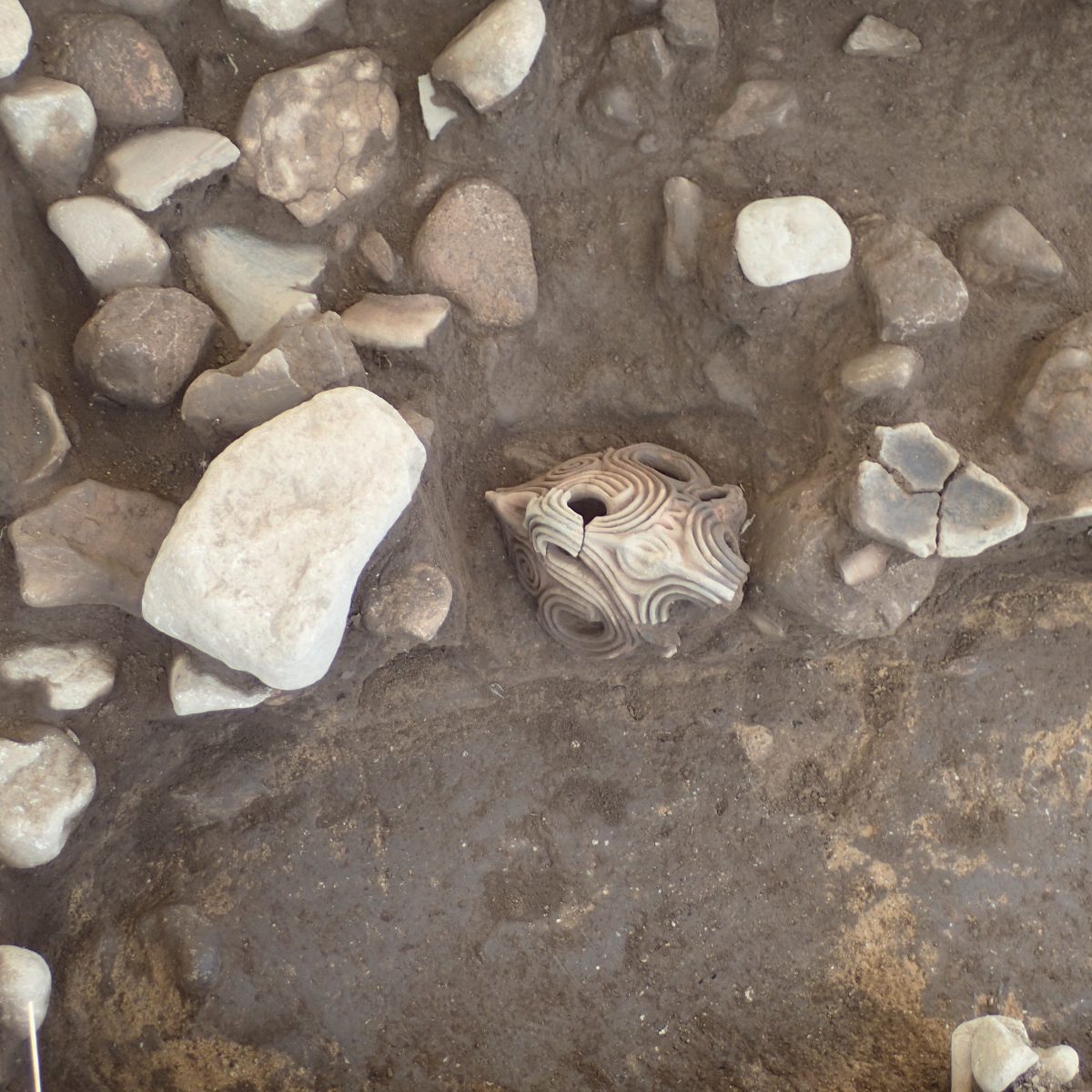
炭素14年代測定などを用いて、縄文土器や縄文時代の集落を中心に研究しています。具体的には、縄文年代論、縄文文化の起源、縄文土器の製作技法や文様装飾、付着物の同位体分析やレプリカ圧痕法による食性(植物食中心だったのか、など)の解明、縄文中期の環状化集落の形成過程、弥生文化への移行などに興味があります。
This research focuses on Jomon pottery and Jomon-period settlements using carbon-14 dating and other techniques. Specifically, it investigates Jomon chronology, the origins of Jomon culture, and Jomon pottery production techniques and decorative designs and seeks to elucidate dietary habits (e.g., whether the people were mainly plant eaters) through isotope analysis of charred materials on potsherds and replica indentation methods, the formation process of encircling settlements in the middle Jomon period, and the transition to Yayoi culture.

この研究が世の中にもたらす可能性
Research Possibilities: what the research create to the World
考古学
考古学研究の深化 年代測定方法の発展、調査方法の高精度化、自然科学的手法の適用。
Archaeology
Deepening Arcaeological Research. Development of dating methods, improved precision of survey methods, and application of natural scientific methods,
これまでの産学官連携事例
Collaborations
武蔵野市教育委員会
Musashino City Board of Education
2019 – 2020
井の頭池遺跡群出土資料整理及び炭素14年代測定研究成果の展示に関する助言委託
Commissioned Advice on the Organization of Excavated Naterials from the Inokashira Pond Archaeological Site and the Exhibition of the Results of Carbon-14 Dating Research
福島市教育委員会
Fukushima City Board of Education
2018/7 – 2019/3
平成30年度和台遺跡確認調査における詳細調査及び年代分析業務
Detailed Survey and Chronological Analysis of the Wadai Sites Confirmation Survey in 2018.
かながわ考古学財団
Kanagawa Archaeology Foundation
2016
平成28年度新東名高速道路建設事業(秦野市三廻部地区)に伴う発掘調査業務に係る自然科学分析
Natural Science Analysis of the Excavation and Investigation of the New Tokyo-Nagoya Expressway Construction Project (Mikurube , Hadano) in 2016.
実績
Achievements
2019.5.20
著書|Authorl
縄紋時代の実年代講座 同成社
Course on the Actual Age of the Jomon Period, Douseisha
2017.11.1
著書|Author
縄紋時代の実年代ー土器型式編年と炭素14年代ー 同成社
Actual Age of the Jomon Period: Pottery Type Chronology and Carbon-14 Dating -, Douseisha
2011.3.31
著書|Author
発掘で探る縄文の暮らし 中央大学の考古学中央大学出版部
Jomon Life Explored through Excavation − Chuo University Archaeology, Chuo University Press
2010.6.15
著書|Author
縄紋文化のはじまり-上黒岩岩陰遺跡 新泉社
Beginning of the Jomon Culture − Kamikuroiwa Iwakage Site, Shinsensha
2004.10.20
著書|Author
縄紋社会研究の新視点―炭素14年代測定の利用― 六一書房
New Perspectives on the Study of Jomon Society: The Use of Carbon-14 Dating, Rokuichishobo
経歴
Career
1987/3
慶応義塾大学院文学研究科民族学考古学専攻修士課程修了
Completed Master’s program in Ethnology and Archaeology, Graduate School of Letters, Keio University
1988/5 – 1991/12
慶應義塾大学慶應義塾藤沢校地埋蔵文化財調査室助手
Research Assistant, Archeological Cultural Properties Research Office, Keio University Fujisawa Campus
1992/6 – 19981
目黒区大橋遺跡調査会主任調査員
Chief Investigator, Ohashi Site Investigation Committee, Meguro Ward, Tokyo
1998/3 – 2000/12
金沢大学埋蔵文化財調査センター助手
Research Assistant, Research Center for Archaeological Cultural Properties, Kanazawa University
2005/4 – 2007/3
国立歴史民俗博物館研究部助手
Research Assistant, Research Department, National Museum of Japanese History
2007/4 – 2008/3
国立歴史民俗博物館研究部助教
Assistant Professor, Research Department, National Museum of Japanese History
2008/4 – 2013/3
中央大学文学部准教授
Associate Professor, Faculty of Letters, Chuo University
2013/4 – 現在
中央大学文学部教授
Professor, Faculty of Letters, Chuo University
